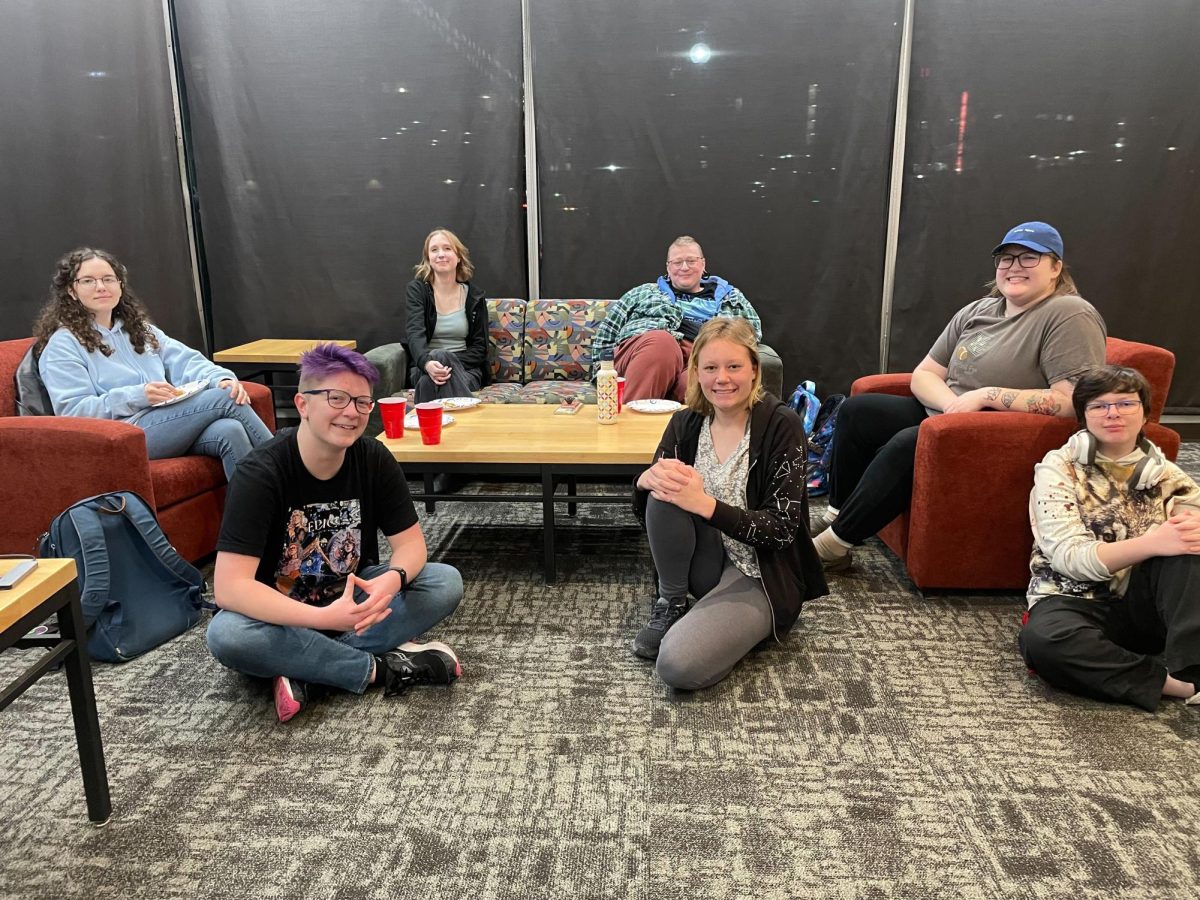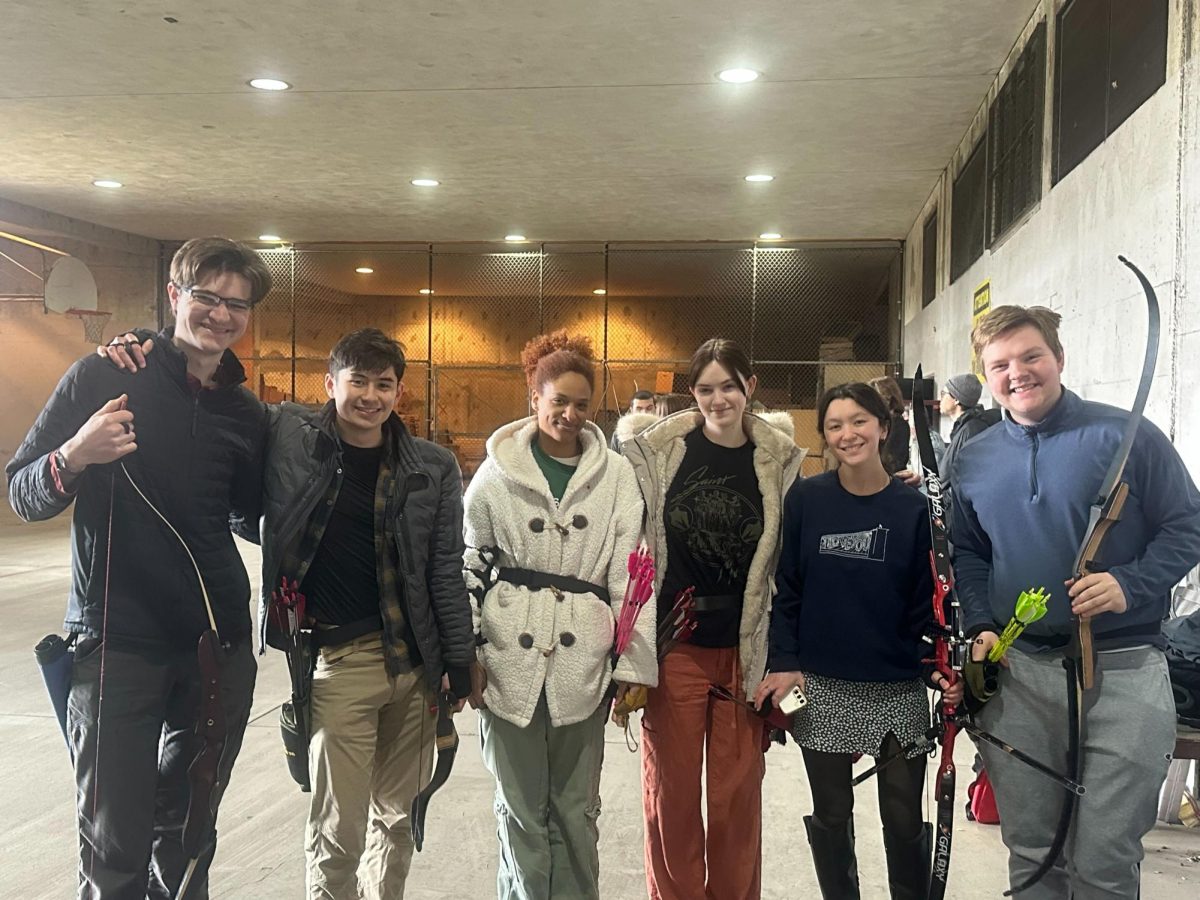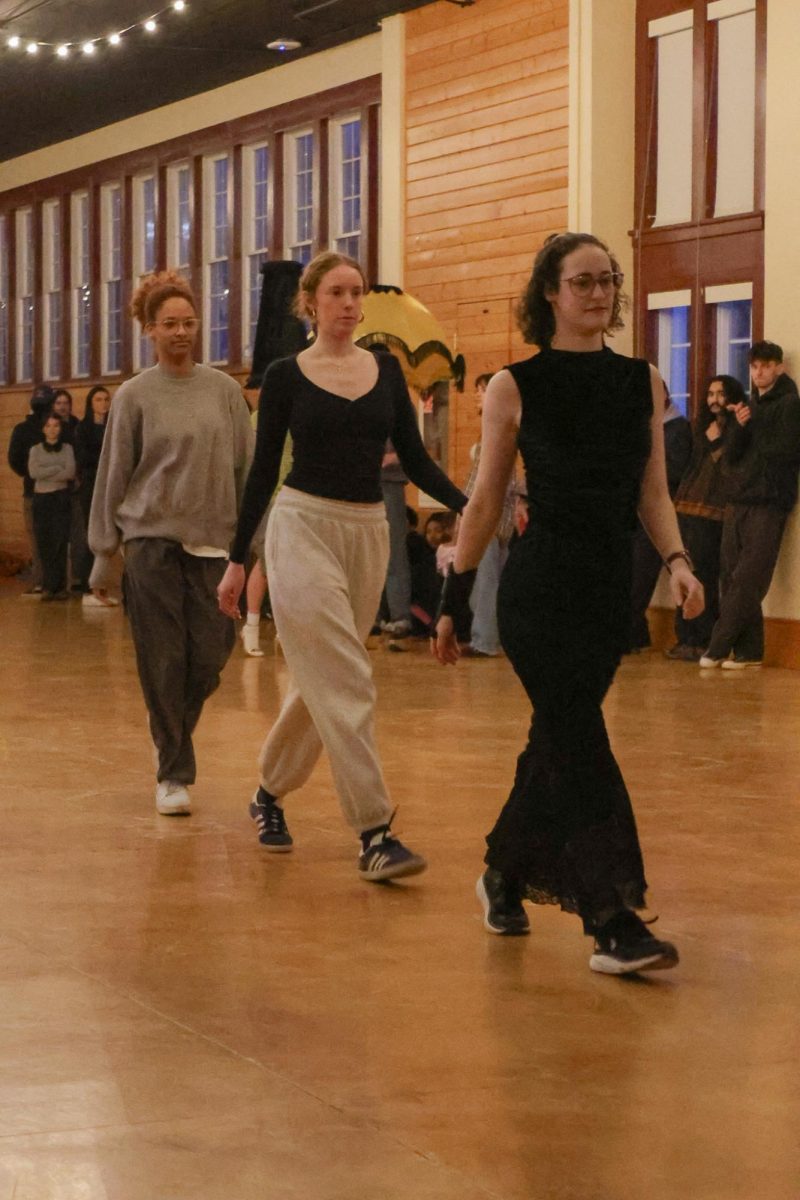Scott-Coman and McCroskey residence halls initiated a food drive during the holiday season to contribute to the Cougar Food Pantry.
Senior residence advisor Eva Sheffler ran this program to bring humanitarian efforts to the residence halls. Many residents, especially in Scott and Coman halls, participate in Greek Life organizations where donations of time, effort and, in this case, food, are commonplace. The food drive served as a positive effort to give back to the community, especially during the colder holiday months.
“I set up the food drive as my educational event mainly to get students involved in the community and to emphasize service projects across campus,” Sheffler said. “I also organized the food drive specifically between Thanksgiving break and Winter break, hoping to foster a thankful and giving community during a time period filled with both cheer and hardship for different people.”
While every floor had its generous participants, Scott Hall’s 4th floor managed to donate more food than all of the Scott-Coman-McCroskey circuit combined. This was a tremendous effort made by the residents, due in part to the community fostered on the floor.
“They are really upfront and caring people, they care very much about others,” said Makalyn Bowen, Scott’s 4th-floor RA. “It’s hard to get college students to donate because of limited funds, but the floor that I got is very much engaged.”
“Everyone here is very willing to contribute,” said 4th-floor resident Cloey Calvary, who agreed that a general sense of community was a large factor in the floor’s donations. “I saw the [donation] box there and figured I had a few extra ramen packets to give.”
The floor’s residents participated in a pizza party after their contributions where the sentiment of community was extended to not only those in need but each other.
Sheffler’s food drive program went well with residents and served as a good reminder of resources on campus. The Cougar Food Pantry, located on the CUB ground floor, is always accepting food, donations and helpful volunteers. They accept canned foods, non-perishables, toiletries and other items that become available resources to any of WSU’s graduate or undergraduate students.
Within her research, Sheffler said she has found nationally, 23% of college students faced food insecurity in 2020, compared to 38% of students at WSU.
“Rural areas also experience higher rates and faster onset of food insecurity, so it is important to support our communities as best we can in times of hardship,” she said. “I am incredibly proud and happy to see how well Scott Hall’s 4th floor came together and contributed to this project.”









